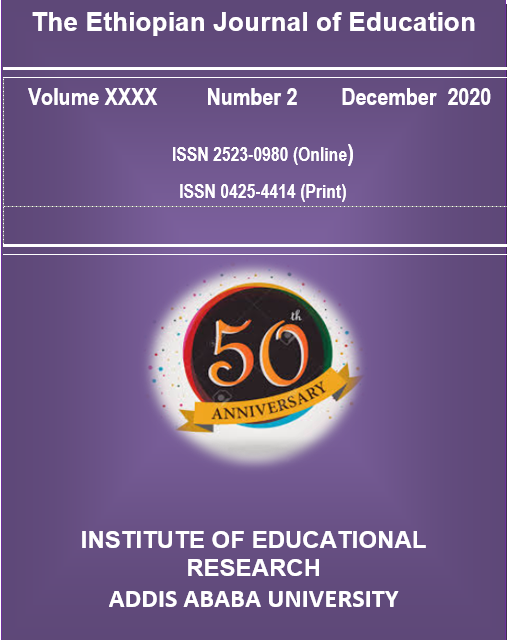Media Literacy among Teacher Trainees in Debre Markos University: Implications for Media Education and Teacher Training
Abstract
With the role and importance of media increasing globally and in transitional countries like Ethiopia in particular, media literacy has become markedly important in view of the problematic information environment and the dire consequences that have become apparent. The objective of the present mixed methods study was to determine the level of media literacy among secondary teacher trainees in Debre Markos University using a pretested version of the Media Literacy Scale designed for and used in pedagogical contexts. In addition, the aim was to explain the relationship between biographical factors and media literacy. Sampling decision was based on Green’s guidelines of power and a usable sample of 166 students from the Colleges of Social Sciences and Humanities, and Natural and Computational Sciences. By using descriptive, correlational and ANOVA designs, the study established the weights of the literacy factors, correlations as well as group differences. Results show that 4% had below basic, 9.4% basic, 37.3% intermediate and 48.8% proficient level media literacy. Limitations of the study are indicated and further directions are outlined.
